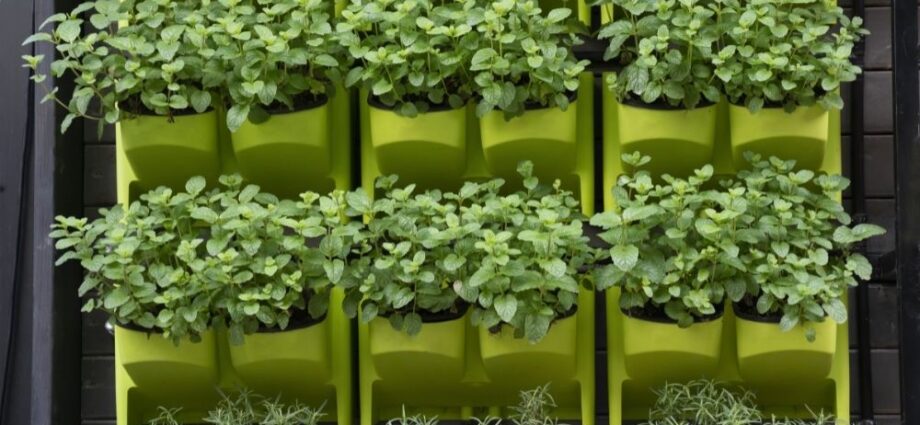Growing a garden can be a lot of fun and hard work at the same time. What could be better than sitting on the patio as the sun goes down and eating a home-cooked meal that smells like plants you grew yourself? It can be hard to know when and how to start a garden, get more help below.
Advice to help you get to know your garden better:
Organize your yard
Before you start planting, it’s a good idea to sit down and plan out your yard. This can help you figure out which plants will do well in which parts of your yard. With this you won’t get carried away at the nursery. You won’t buy a bunch of different kinds of plants that might not look good together. A well-planned yard uses color and shape in the best way possible, making it a beautiful place all year long.
Find out how to plant
How you put your plants affects how well they do and how long they live. Make sure the dirt is free of weeds and pests before you plant, and if you need to, add mulch and fertilizer to it. If you don’t know how to plant something, don’t just hope it grows. Instead, look online for tips. If not placed at the right depth, trees with root balls that stick up above the soil surface can dry out quickly and die.
Make sure that your plants always have food and water
How and when you water a plant makes the difference between it living and dying. If you want your plant to grow well, water the root ball instead of the leaves. Instead of lightly watering the plant every day, it is better to water the root ball deeply once a week. During the growing season (spring and summer), you should feed your plants every two weeks. If you’re growing them in pots, you’ll need to feed them more often.
Start slowly
When setting up a new vegetable garden or plot, it’s tempting to try to do everything at once. The best way to do things is one step at a time. You can easily keep weeds from growing in another area while you work in one by covering the area you don’t want to work with cardboard or black plastic.
Keep an eye out for bugs
Most insects that are bad for gardening aren’t dangerous, so you can leave them alone. Nature has enough predators to keep them in check. But if nothing is done, the number of pests can grow into a swarm. Keep an eye out for bugs like aphids, slugs, and snails. This will protect your plants and make you feel less stressed.
Don’t worry about cutting back
Pruning might seem like a hard job, but if you learn how to do it right, your plants will grow and look better, and they might even make more flowers and fruit. If you know when to trim and how to make the right cuts, your plant will have a beautiful shape. Here are just a few examples of the many how-to guides and movies we have on pruning:
Don’t forget to stop and enjoy your garden. Take a break and enjoy all the hard work you’ve done. Make a place to sit and talk with people you care about or eat a meal by yourself. Plants and bird boxes can be used to make borders that can be seen from windows.

